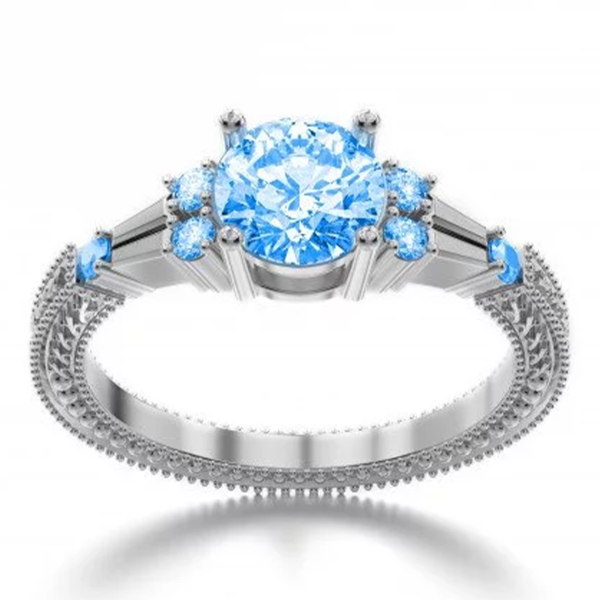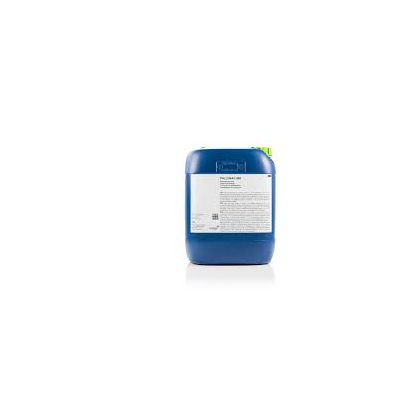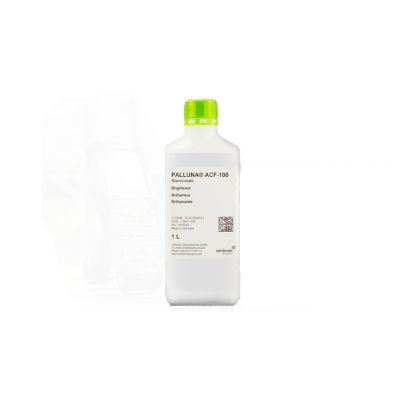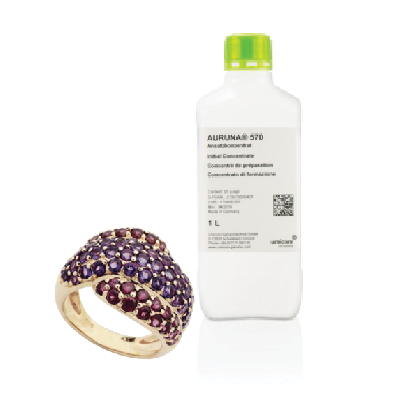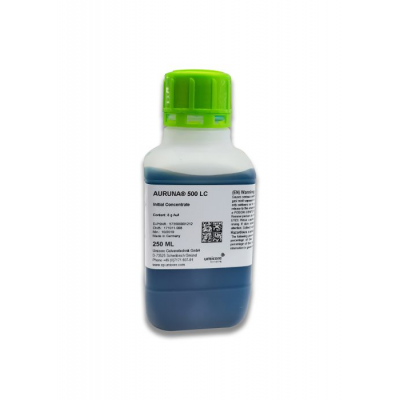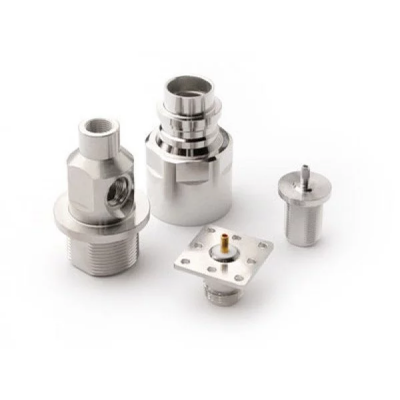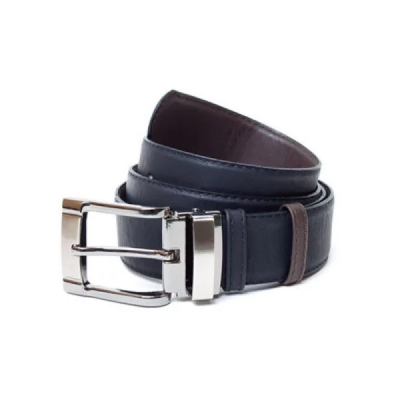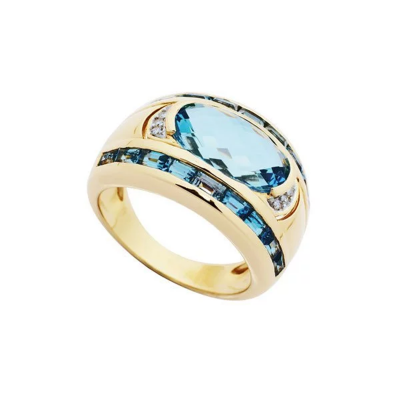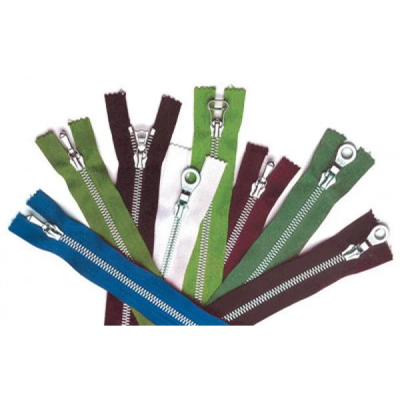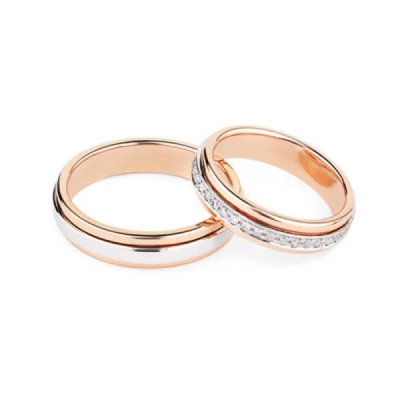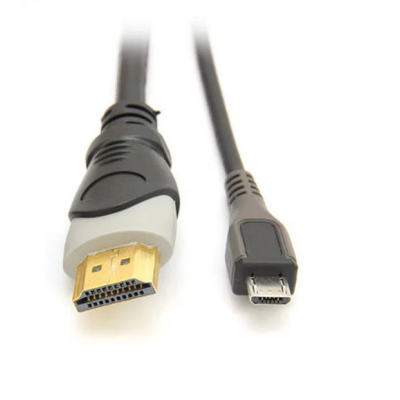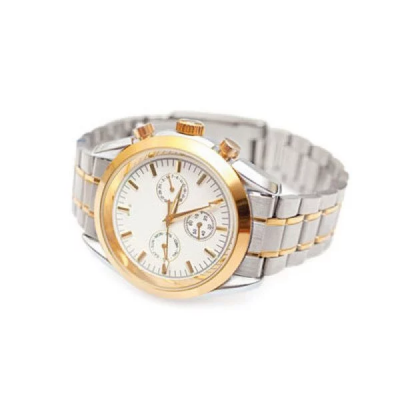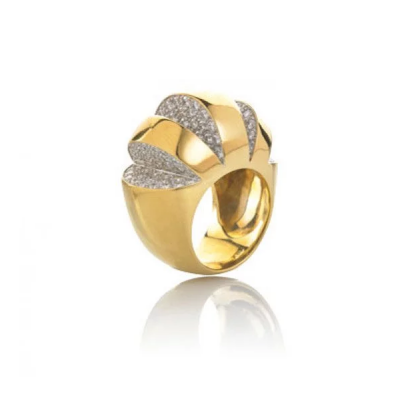The ruthenium electrolytes RUTHUNA® 491, 492 and 493 are neutral electrolytes from which decorative gray ruthenium coatings can be...
Sustainable palladium substitute with significant price advantages
The ruthenium electrolytes RUTHUNA® 491, 492 and 493 are neutral electrolytes from which decorative gray ruthenium coatings can be deposited. The electrolytes ar
RUTHUNA® is used both as a final layer for decorative applications, e.g. on buttons, zippers and accessories in the apparel industry, and as a corrosion-resistant intermediate layer, e.g. to replace palladium. But functional properties, such as reduced sparking in current-conducting applications, also speak in favor of using RUTHUNA®. For example, the process is recommended for the following technical applications: Reed switches, injet printer foils, surfaces of catalytic converters, electrolytic electrodes.
In contrast to strongly acidic electrolytes, where pre-gold plating, or pre-coating with palladium or palladium-nickel is mandatory, materials such as copper, nickel, brass or bronze alloys can be used as undercoats under the ruthenium layer. Of course, palladium, palladium alloy and gold layers can also serve as base materials.
Advantages
- Easy electrolyte maintenance
- High color consistency
- Brightness-preserving
- As corrosion-resistant intermediate layers as a substitute for palladium
- Copper, nickel, brass or bronze alloys can be used as undercoats
e easy to operate, and the deposits have a high color constancy and retain their brightness.
Applications
- Zippers
- Buttons
- Jewelry
- Reed switches
- Injet printer foils
- Catalyst surfaces
- Electrolysis electrodes
